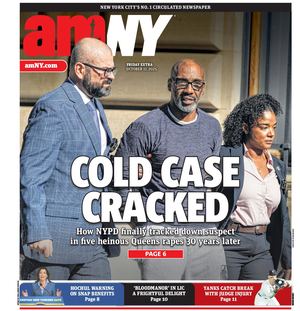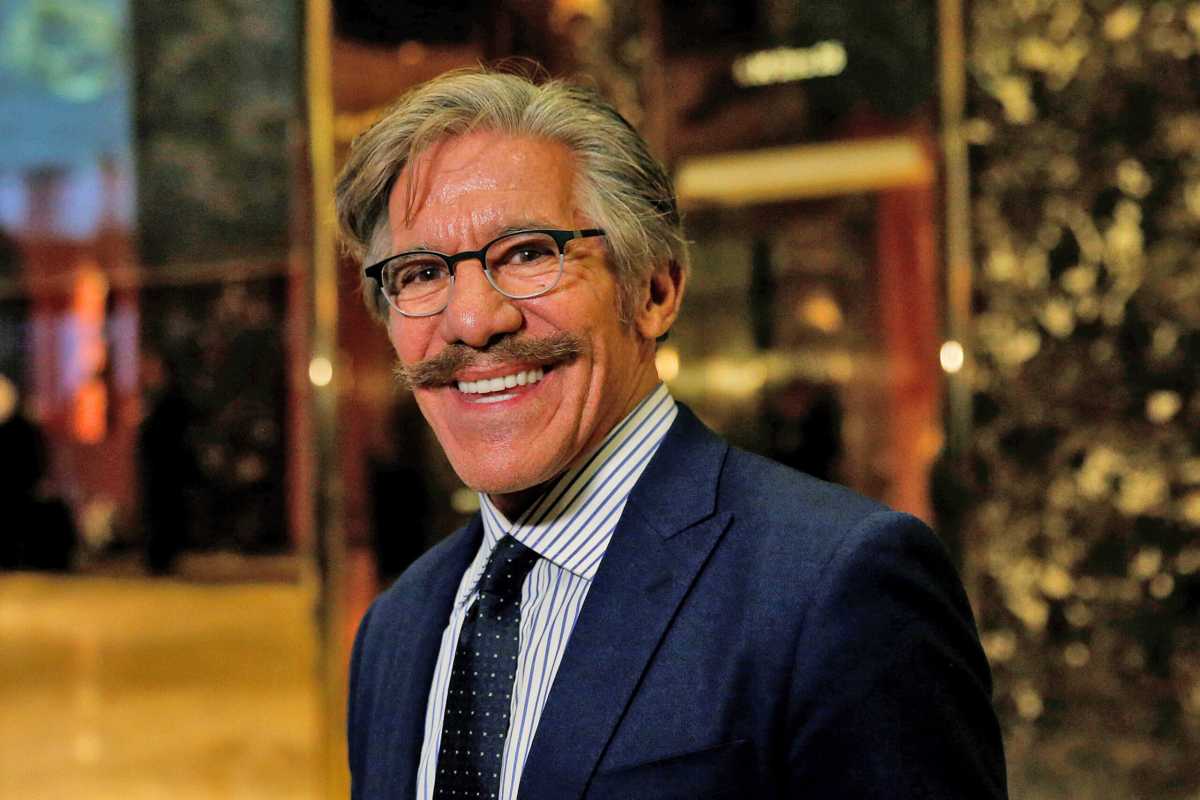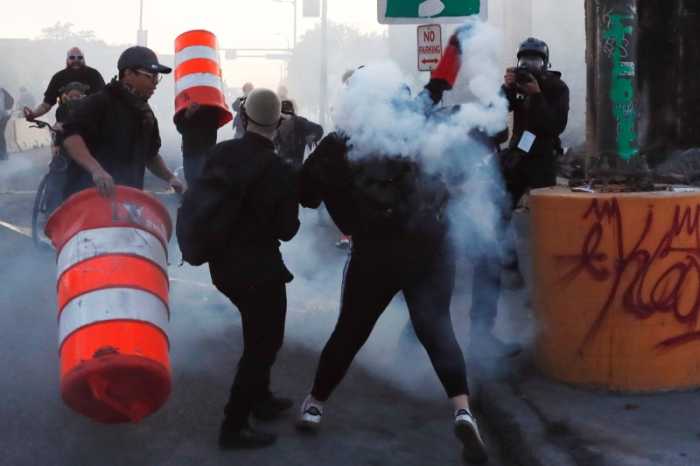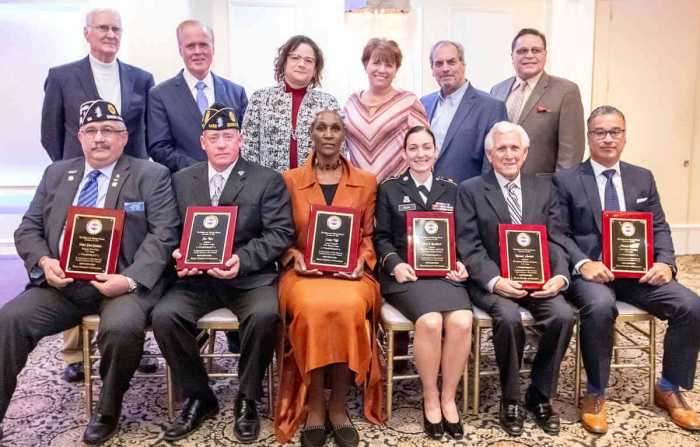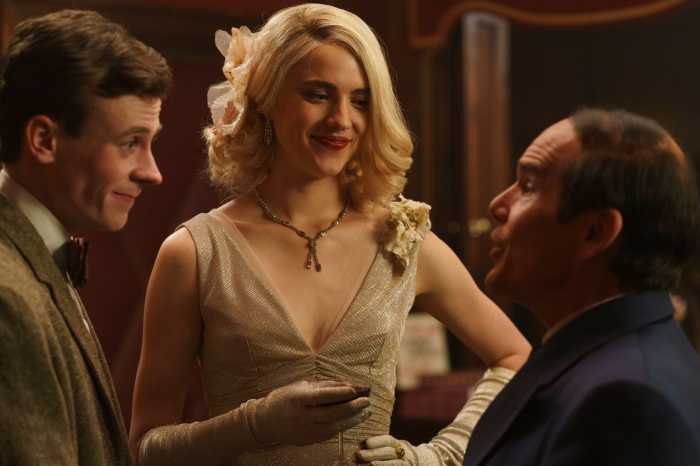Award-winning journalist Geraldo Rivera has seemingly done it all in his 45-year career as a TV reporter and media personality. But when it comes to what he would like to be remembered most for, the answer was easy.
“Willowbrook is one of the most important stories of my life … the memory of it haunts me, my entire identity is connected to it,” he said.
In 1972, Rivera — then a reporter for WABC-TV — snuck cameras inside Willowbrook State School on Staten Island to expose its deplorable conditions, which included abuse and shocking neglect.
Willowbrook State School at the time was the largest institution in the nation serving children with developmental disabilities. Rivera’s report would ultimately force the school’s closure and led Victoria Schneps, whose daughter was a Willowbrook resident, to found the nonprofit Life’s WORC organization in response to the ensuing scandal. The group would go on to open more than 50 group homes across Long Island and New York City.
“I met Vicki (Schneps) in January of 1972,” recalled Rivera, calling her a seminal figure and comparing her to American civil rights activist Ralph Abernathy for her dedication to the disabled community.
“Vicki understood the need to shine a spotlight on the issues of how residents were being treated,” he added.
The most shocking thing Rivera experienced was not only the “horror of the living conditions of the Willowbrook residents,” but also that it was happening in New York City, and not some “third-world country or the deep south of the 1950s… but New York City in the 1970s.”
Rivera recalls his Willowbrook broadcast as akin to a “seismic blast” that shocked people’s consciousness.
Reflecting on how care for the developmentally disabled has changed since Willowbrook, Rivera says “it’s like night and day,” adding that care is vastly better now with the advent of the use of community-based residences. Life’s WORC named its first group home after Rivera in 1977.
“In the old days, developmentally disabled kids and adults lived in grim, overcrowded conditions where they were kind of warehoused in dangerous conditions where life expectancies were very low, sometimes in the early 20s or so,” he said. “Now, four or five generations later, the disabled are able to live their best possible lives, given their particular challenges.”
Rivera says he’s heartened that there’s now recognition that a more humane approach to disability care is the norm: “There’s been a sea change in the standards of care for people with developmental disabilities.”
“Things have changed so much. Back then, the disabled had no constitutional rights,” adding that the road to hell was paved with “opportunism and political calculation, dishonesty and secrecy.”
He praised Life’s WORC and said with Vicki (Schneps’) lead, they were able to show that there’s a less expensive, far more humanistic approach to dealing with the disabled.
“Life’s WORC has shown that group homes can be good neighbors.” In 2015, Rivera was a contestant on the reality show “Celebrity Apprentice”, and he won $725,000 which he donated to Life’s WORC. In addition, for the past 33 years Rivera has hosted the Geraldo Rivera Golf Classic, which helps to raise significant funds for the organization.
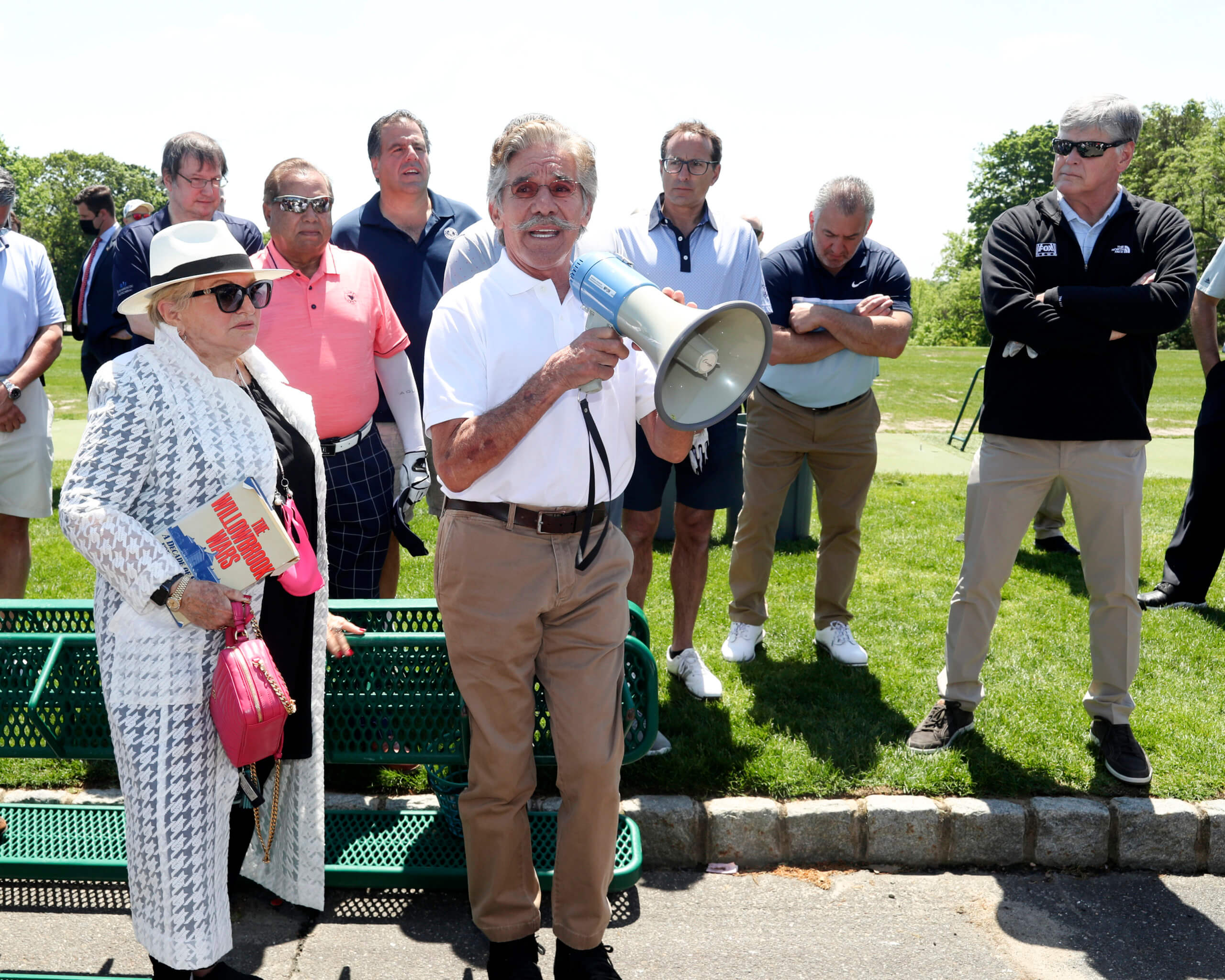
Talking about his extensive and public career, Rivera says he hopes people don’t remember the “caricature” of his public life, such as “brawls with skinheads, opening Al Capone’s vault…not the silly stuff.”
“I’d like to be known as one of the first consumer reporters, who basically invented the ‘on your side’ type of reporting.”
Rivera also took cameras to places they’ve never gone before, recalling reporting on things including the 1970s heroin epidemic, exploring “drug shooting galleries,” and covering most world conflicts since 1973, from the Yom Kippur War to conflicts in Chile, Afghanistan, Iraq, the Middle East, and Somalia. “I’ve basically been to hotspots all around the world.”
As a reporter, he says his greatest achievements were not only to expose what was wrong but also to advocate for a solution.
“It’s easy to show what’s wrong, but much harder to find a practical solution,” he says, adding that too much reporting is focused on complaining without activism.
On the lighter side, Rivera says that being friends with so many entertainers helped him chronicle pop-culture of various eras from the days of Studio 54, to “hanging out with John Lennon and John Denver.”
Commenting on the state of journalism today, Rivera says he thinks that while network news is largely partisan — with outlets such as CNN or MSN being more liberal and Fox News being more conservative — local news does an excellent job in itscoverage.
Currently, Rivera is a rotating co-host on the Fox News Channel’s The Five occupying the “liberal” seat while he also provides regular reports and commentary on FNC’s Fox and Friends, Hannity, and other programs.
For any students looking to make journalism a career, Rivera advises “Go into it with energy and optimism and idealism. Don’t get into it looking to be a star.”
Rivera will be honored for his decades-long contributions to Life’s WORC, which include numerous fundraisers, golf tournaments, concerts and other events at the upcoming 50th Anniversary Gala scheduled for April 1 at The Garden City Hotel.
The organization will also honor Victoria Schneps-Yunis, who’s also founding president of Schneps Media.
